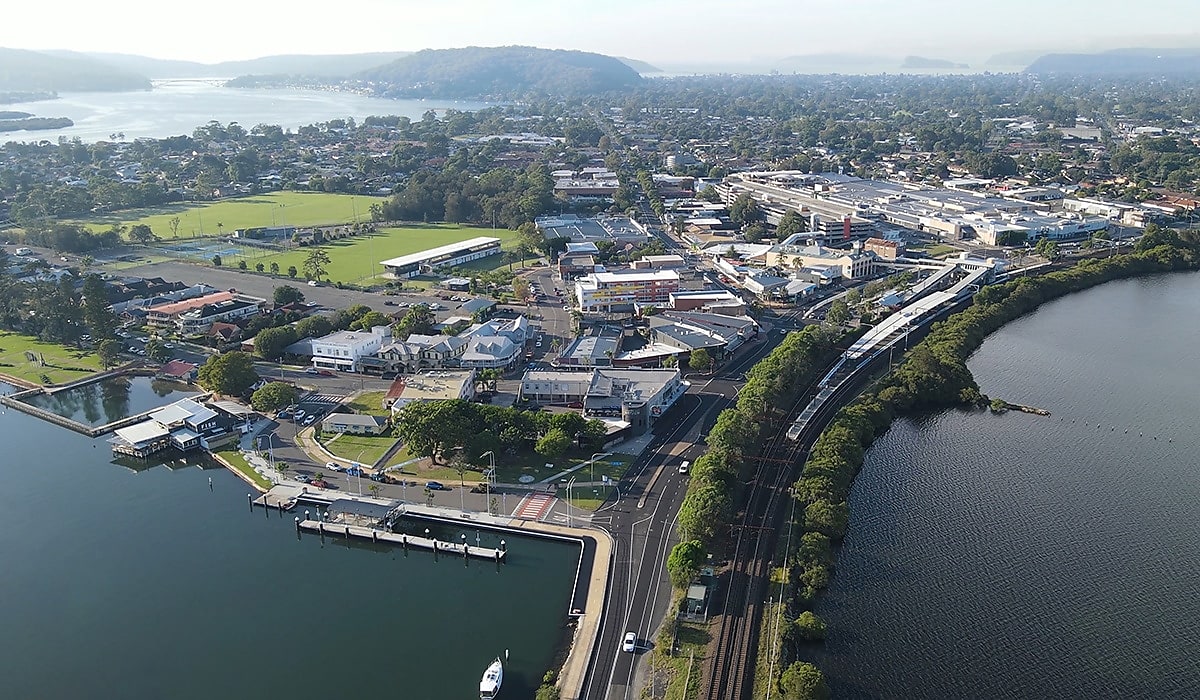Hunter, Central Coast take poll position for housing supply
The Hunter and Central Coast ranked as the top performers in housing delivery for NSW, according to recent Australian Bureau of Statistics data.

Recent Australian Bureau of Statistics (ABS) data covering November 2024 building approvals showed that the Hunter and Central Coast are on track to deliver 68 per cent of housing targets by 2029.
The results exceed the 57 per cent target set for the 43 councils assigned housing goals under the NSW government’s commitment to the National Housing Accord.
The National Housing Accord, launched in 2022, has set housing targets nationwide to tackle Australia's housing supply and affordability problems.
The NSW government has set five-year housing targets for 43 councils, aiming to deliver 377,000 new homes by 2029.
Each local government area received a specific target and a housing snapshot outlining existing and expected future developments, with a focus on delivering diverse homes in areas with existing infrastructure capacity.
While the Hunter and Central Coast performed well in 2024, the Property Council of Australia said significant opportunities exist to accelerate development further and support population growth.
Property Council Hunter and Central Coast regional director, Amy De Lore, said councils favoured by young families, such as Maitland and Cessnock, are on track to meet or exceed their target.
“These are key growth areas with population growth forecast at 49 per cent and 40 per cent respectively by 2041,” De Lore said.
“Responsibility for place strategy planning has fallen largely on the councils but there is opportunity for the state government to step in to prioritise essential infrastructure and rezonings and fast-track housing development,” De Lore said.
De Lore also highlighted opportunities in Newcastle, where a strong pipeline of CBD apartment projects exists, and the draft Broadmeadow Place Strategy proposes 20,000 new dwellings, including a target of 3,200 within five years.
“Industry wants to see the state government finalise the Broadmeadow Place Strategy, appoint a delivery agency, and commit funding to kick-start development.
“A clear delivery plan would go a long way to making sure Newcastle reaches its potential as a key housing hub,” she said.
On the Central Coast, De Lore advocates for better council support after four years of critical administration.
“There is enormous potential for both greenfield and infill development across the Central Coast, but long assessment time frames are discouraging investors. Getting the council back on its feet and improving DA processing times must be a priority,” De Lore said.
Nationwide, ABS data showed that in November 2024, the total number of approved dwellings decreased by 3.6 per cent, reaching 14,998.
Approvals for private sector houses also dropped by 1.7 per cent to 9,028, while private sector dwellings, excluding houses, declined by 10.8 per cent to 5,285.
The value of total residential buildings fell by 0.5 per cent to $8.36 billion, while the value of non-residential buildings increased by 18.4 per cent to $5.96 billion.
